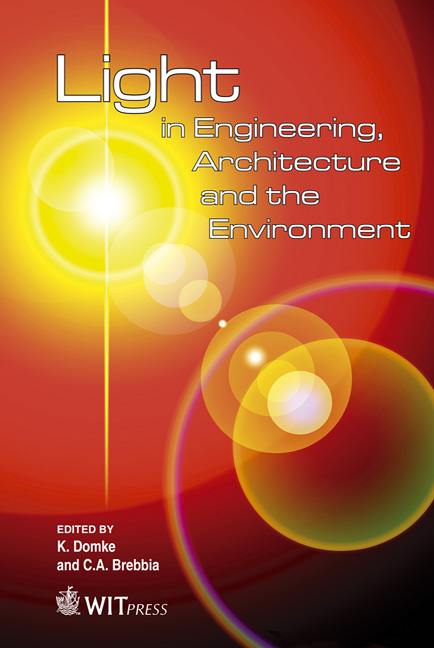Pedagogical Models From A Lighting Design Studio
Price
Free (open access)
Transaction
Volume
121
Pages
9
Page Range
71 - 79
Published
2011
Size
1,673 kb
Paper DOI
10.2495/LIGHT110071
Copyright
WIT Press
Author(s)
A. O. Asojo
Abstract
This paper discusses a pedagogical approach for teaching a lighting design studio. Anderson’s ACT-R theory is utilized to guide the learning process. Anderson’s ACT-R theory focuses on three stages of skill acquisition: cognitive, associative, and autonomous stages. These three stages offer implications for teaching lighting. Early cognitivists offered many theories on how people solve problems. While early theorist focused mainly on explaining how people solve problems, contemporary theorist focus on cognitive strategies and information processes people use to solve problems. Knowledge is a key component of information processing in problem-solving. Cognitive Psychologist identified two distinct types of knowledge: declarative and procedural. Anderson notes \“declarative knowledge is explicit knowledge which we can report and of which we are consciously aware”. Procedural knowledge involves knowing how to execute tasks. Anderson notes \“human cognition is always purposeful, directed to achieving goals and to removing obstacles to those goals”. ACT-R’s main assumption is that knowledge can be classified as declarative and procedural. Declarative knowledge is factual knowledge, while procedural knowledge is how to perform cognitive tasks. Students are taught accurate and elaborate knowledge of lighting design principles to help them problem-solving. Learning is achieved through expository and discovery methods. Expository are teacher centered examples of which include lectures and interactive presentations on lighting systems, as well as field trips to lighting laboratories and showrooms to offer real life context for students. The discovery method is emphasized in hands on experiences. Feedback is given during all three distinct phases of problem solving to correct any disequilibrium students may have. Eventually, students achieve automaticity due to continued practice. Keywords: architectural lighting, cognitive strategies, lighting design, design problem solving and instructional design.
Keywords
architectural lighting, cognitive strategies, lighting design, design problem solving and instructional design





